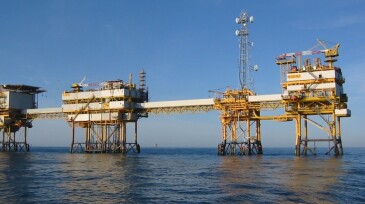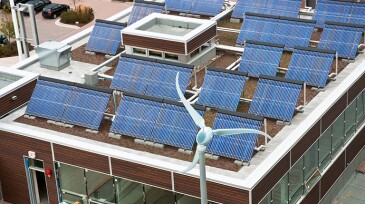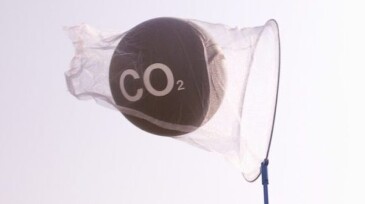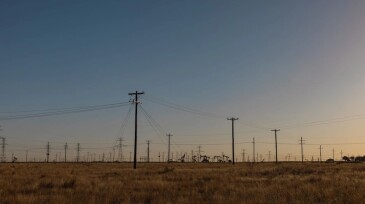Environment
This paper details a data-driven methodology applied in Indonesia to enhance flare-emission visibility and enable targeted reduction strategies by integrating real-time process data with engineering models.
This study presents the development of a biodegradable surfactant developed using principles of environmentally friendly chemistry from natural sources. The goal is to develop an effective and environmentally friendly surfactant that can emulsify and disperse oil to reduce its effects on marine environments.
This study ascertains the capital expenditure and operating expenditure associated with the reuse of existing facilities, specifically regarding a carbon capture and storage project being prepared in South Korea.
-
Neptune Energy, ExxonMobil, Rosewood, and EBN have agreed to cooperate on the L10 Carbon Capture and Storage project in the Dutch North Sea.
-
Although energy efficiency has long been mentioned as a means toward achieving Paris Agreement goals, the “more exciting” announcements about carbon capture and storage grabbed attention. Will concerns about energy security and high prices help bring it to the forefront?
-
A study of a limited number of decommissioned oil and gas wells in England found no evidence of methane leaks, including four wells found to be leaking in an earlier study.
-
The Mammoth project follows the company’s proven Orca model but will scale up the CO2 capture capacity to 36,000 tons per year.
-
The deal with Manulife gives Oxy unit 1PointFive access to 27,000 acres of subsurface pore space for carbon sequestration.
-
The Texas Railroad Commission has approved its plan for fiscal year 2023, outlining priorities and highlighting enforcement efforts.
-
The House Science Committee calls for tougher surveillance amid evidence of super-emitters and undetected leaks in the vast Permian Basin.
-
About 90 tonnes of methane an hour were released from the Raspadskaya coal mine in January, data from the GHGSat global satellite shows.
-
Chevron, Talos, and Carbonvert have finished the documentation and closed the joint venture for the carbon capture and storage project on the Gulf of Mexico coast.
-
The suite of tools includes a digital platform for sharing emissions data, an agreed set of definitions that nails down what different terms mean, a single set of metadata definitions, and an API through which users can access data. When used together, these tools provide an integrated perspective on what emissions are coming from where.






![Hero_England decomm study Map[2].jpg](https://assets.spe.org/dims4/default/1340410/2147483647/strip/true/crop/1024x572+0+111/resize/365x204!/quality/90/?url=http%3A%2F%2Fspe-brightspot.s3.us-east-2.amazonaws.com%2Ff1%2Fa7%2Faf022d414b7fa6e8095a8c91b91e%2Fhero-england-decomm-study-map2.jpg)






